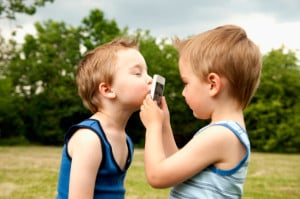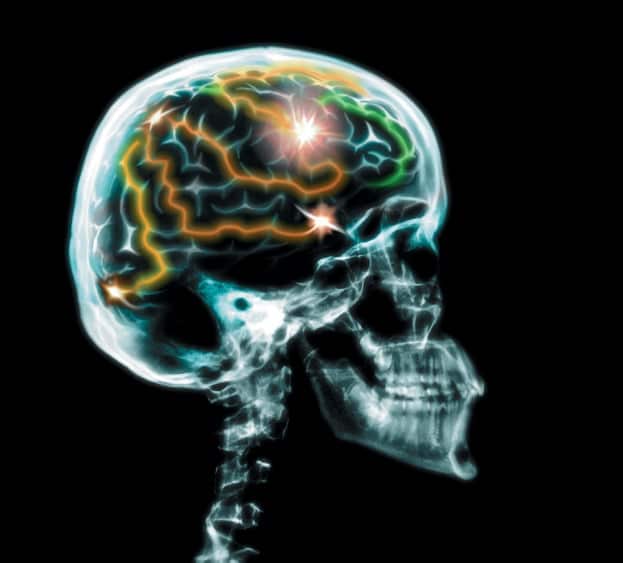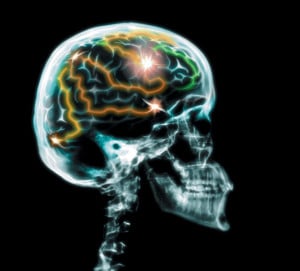I’ll read this article, but first, let me take a selfie.
If there is a single totem for the current state of digital dependence and online presence, it would be the self-portrait—dubbed the “selfie.” From the Oscars all the way to your timeline, and every space in between, it has done more than clog our newsfeeds: it’s become a brain-changer. Here’s the skinny on how trends like Selfie Sunday could be impacting your body and your brain.
The Short Story
Social media has influenced many aspects of our lives, and quickly gave rise to the selfie—encouraging people of all ages to stray from vacation pictures to a more intimate view of the individual. Often, selfies have sexual undertones: offering the internet audience a glimpse into the personal life of someone in their pajamas, laying on their bed or at the beach, posing. They’re designed to leave a positive impression or elicit some affirmation to the selfie-taker’s physical appearance. While social media focuses on the appearance of your life, the selfie was all about taking control of who sees your life and how they perceive it.
Naturally, this can lead to a few problems.
Psychology Today featured an article on the very same subject, emphasizing how the age of the self-portrait has encouraged narcissism today. Citing a study from the UK, the magazine said that excessive photo sharing could be damaging to real-world relationships. Especially with the types of photos in mind, the photo-sharer may seem less likable in person due to their online habits.
In addition to altering how our friends perceive us on- and off-line, our online pictures may also heighten self-esteem issues with the pressure to constantly be camera-ready and to have the perception of a good, exciting life. Because self-image is a very important part of how we carry ourselves as individuals, the negative impact selfies and online images may have can be devastating. However, it doesn’t all have to be that way. 
Dr. Pamela Rutledge, director of Media Psychology Research Center, explains that there is a vast difference in how we view ourselves in the mirror versus a photograph: a mirror will also give you movement, life, and color that a photograph cannot capture. “For some, this presents a more attractive—and therefore satisfactory—image as the movement and life tend to overcome flaws that might be more noticeable to an individual were the person to see him or herself in a photo,” said Rutledge.
The Good, The Bad, and The Ugly Selfies
Much like anything else in life, selfies aren’t wholly terrible. While it has been proven that technology—social media and selfies included—have helped to rewire how our brain works, it isn’t necessarily a bad thing. With a heightened sense of awareness, we are more likely to take better care of our bodies—and that includes fully discussing with your doctor the reason for your plastic surgery. Is it to look and feel better with the body you have—or are you trying to compete with Ellen’s selfie game?
For more information about altering your body, or any questions you may have, contact your doctor. You can schedule a consultation with us here to discuss your options. We look forward to hearing from you!


